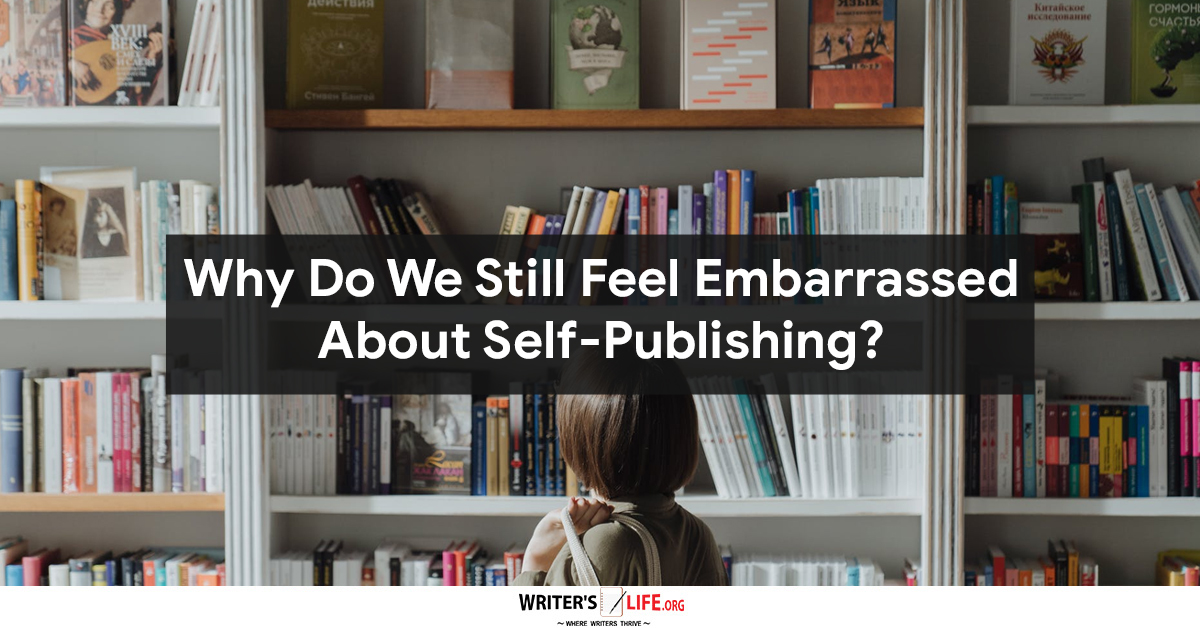- How To Tackle Jealousy In Creative Writing
- Common Submission Mistakes
- How To Stop Your Blog Becoming Boring
- The One Thing Every Successful Writer Has In Common
- How To Make Yourself Aware Of Publishing Scams
- Why Almost ALL Writers Make These Grammar Mistakes At Some Point
- 5 Tips For Authors On How To Deal With Rejection
- Top Mistakes to Avoid When Writing a Novel
- How to Avoid Common New Writer Mistakes
- 10 Mistakes New Fiction Writers Make
The Importance Of A Brilliant Writing Portfolio

Any freelance writer will know that having a robust writing portfolio can make all the difference. It can land you better jobs, earn you more money, and generally enhance your writing career.
A writing portfolio is a showcase of your work. It demonstrates what you can do - whether you specialize in a particular area of writing i.e., travel or fashion, who you have worked for in the past (the more reputable, larger, more trusted businesses the better), your writing style and versatility as a writer too.
What does a good writing portfolio look like?
A good writing portfolio shows potential clients that you mean business. It should be easily accessible on your website and divided into sections for the different types of writing you have done in the past - this way they can find samples of your previous work most relevant to the job they might hire you for and check that you are up to scratch.
Your writing portfolio should contain links to previously published work. This way, new clients can see that not only can you write well but that you have had previous experience too.
You should also try to have a section which contains testimonials. If you can prove that you have a long list of satisfied clients - ones who are willing to write glowing reviews for you, this makes you appear competent and trustworthy, and so much more attractive to hire.
Let’s look in more detail at why having a writing portfolio is beneficial.
A writing portfolio gets you more work.
Think about it, if you were choosing between two seemingly great writers, would you pick the one who could demonstrate their capability and reputation or the one whose word you just have to take for granted? It’s simple really - the more professional you look, the more experience you have, and the more reviews you can get, the more work you are going to win.
A writing portfolio creates your brand.
Your writing portfolio is your chance to really decide what kind of writer you want to be. Include a biography clearly stating your vision and strengths. Decide if you want to get niche, or be as broad as possible. Carefully select pieces which best demonstrate this. Remember your writing portfolio doesn’t need to include every piece of writing you’ve ever done. Tailor and shape it to reflect how you want to come across. Do you want to be a blogger, a PR writer, a journalist? It's up to you but in each case; your writing portfolio would adapt to reflect this.
At the end of the day, creating the perfect writing portfolio is a personal and creative business decision that each writer must contemplate and craft themselves. The most important thing is to include strong, fantastic quality content which accurately depicts how and where you want to place yourself in the writing world - if you do it right it really can make all the difference.





























